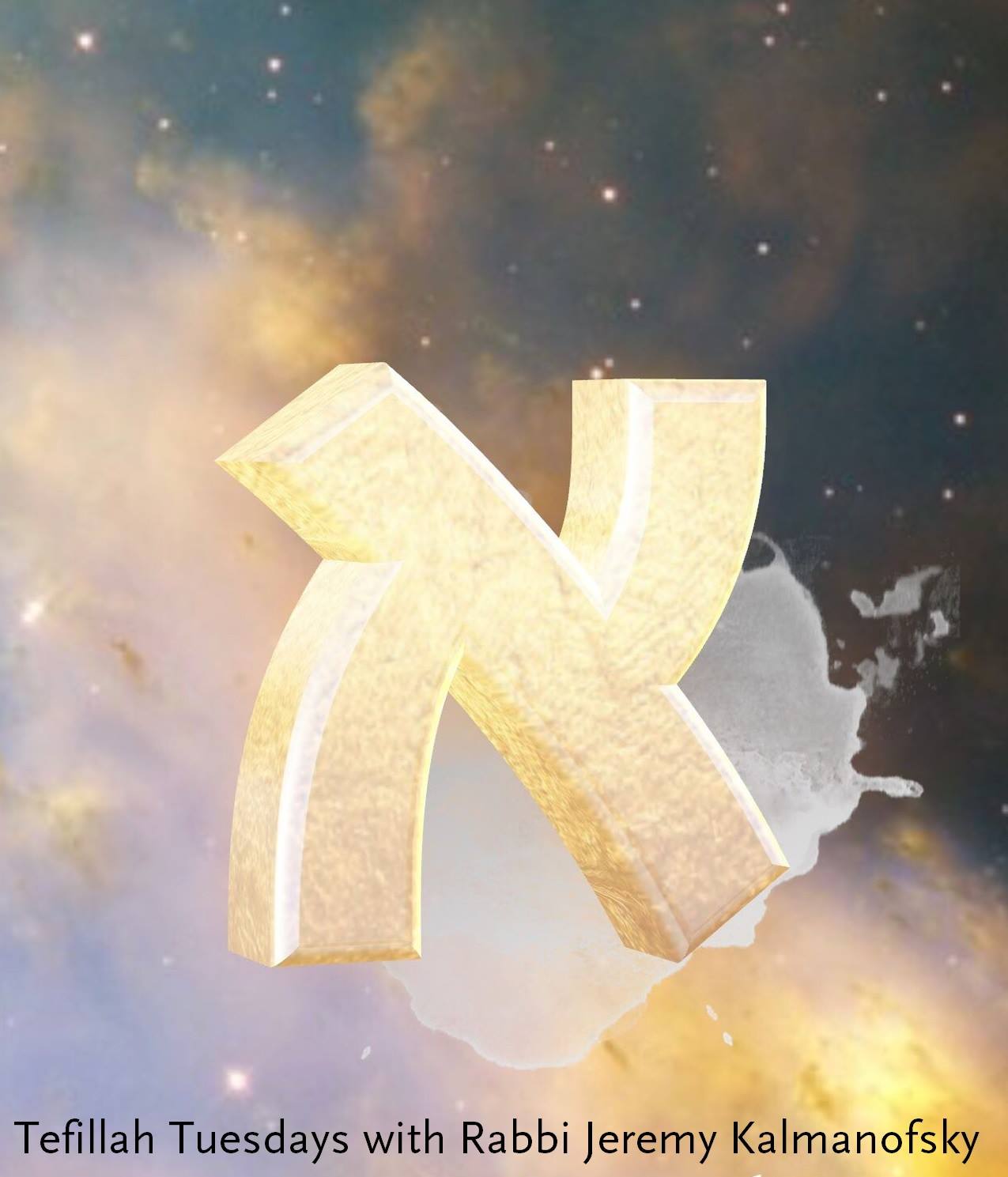The usage of Psalm 100 in Pesukei d’Zimra depends on how you interpret the title. Mizmor Le’Todah, מזמור לתודה, means either a “Song of Gratitude,” or the “Song for the Thanksgiving Sacrifice.”
Those who associate the brief poem with free-willed – that is, optional – sacrifices, generally refrain from reciting this psalm on Shabbat or holidays, when only required sacrifices were offered, not discretionary ones [Siddur Rashi]. They also counsel standing for this poem, as you would offering a korban. In this interpretation, reciting Psalm 100 recreates an ancient ritual in our post-Temple age. It is even the most significant ritual, since the Sages say, “in the future all sacrifices will cease, but the Thanksgiving offering will never cease. All prayers will cease, but gratitude will never cease.” [Leviticus Rabbah 9.7]
But others see the psalm’s title as more general, connected to the religious feeling of gratitude in all its forms, and thus is appropriate on Shabbat or any time [Siddur R. Amram Gaon], and can be said in any physical posture.
This question needs no definitive answer. When davvening this psalm, one or another interpretation might strike you on different days.
Myself, I generally prefer the second. Saying verse two: “Serve the Lord with joy, come before God singing,” stirs me to contemplate blessings in my life. Gloominess correlates to ingratitude. I don’t want to be someone who grumbles about what I lack, or how I’m not getting what I deserve, but someone who worships in joy, grateful for unearned grace.
A special feature of how I davven this psalm derives from an unusual spelling that one might call an ambiguous typo.
Verse three reads [using the text’s own gendered God-language, which I usually avoid, but cannot here]: “Know that Adonai is God, Hu asanu v’lo anahnu, הוא עשנו ולא אנחנו,” which according to the text as it is canonically spelled would mean: “He made us; we did not [לא] make ourselves.” Worshippers assume a modest attitude, recognizing themselves as Hashem’s creatures, not self-made miracles.
But context suggests a different meaning. The text continues: עמו וצאן מרעיתו, or “we are God’s people, His flock of sheep.” In that case, it would make more sense to render the preceding clause as “הוא עשנו ולו אנחנו,” “He made us and we belong [לו] to him.”
Since לא and לו are homonyms – both pronounced “Lo,” but meaning something different – one can davven a single word and still hold both interpretations in mind at the same time.
I like to add a third, suggested by one of the earliest Kabbalistic books, the Bahir, which emerged in Provence in the late 12th or early 13th century. This work weaves both ambiguous possibilities into an ingenious new interpretation [sect. 141]: “הוא עשנו ולא אנחנו, for we belong to the Alef, that we might come to recognize and know the Unity of all Unities, the One Unified through all His many names.”
Yes, the received text actually says לא, and we cannot rewrite it to match what we think would be better. But the meaning is transformed by considering the letter alef not as part of the word “not” but as referring to the Cosmic Alef, the One to whom we all belong, the Endless Unity who is present in diverse guises. When saying this Psalm, I repeat the phrase הוא עשנו ולא אנחנו three times, to express each meaning.
Hu asanu v’lo anahnu: God made us, not we ourselves.
Hu asanu v’lo anahnu: God made us, and we belong to Him.
Hu asanu v’lo anahnu: God made us, and we belong to the Alef, the One.
Tefillah Tuesday: Alef, The One





